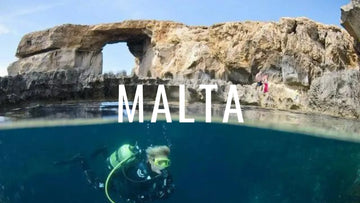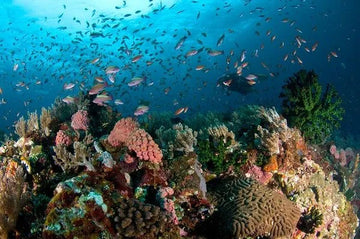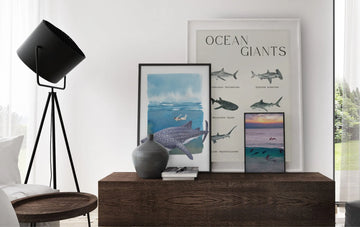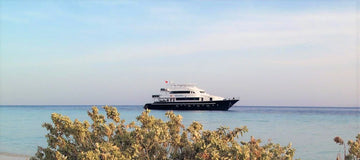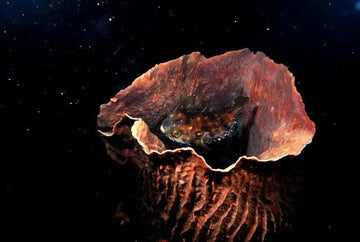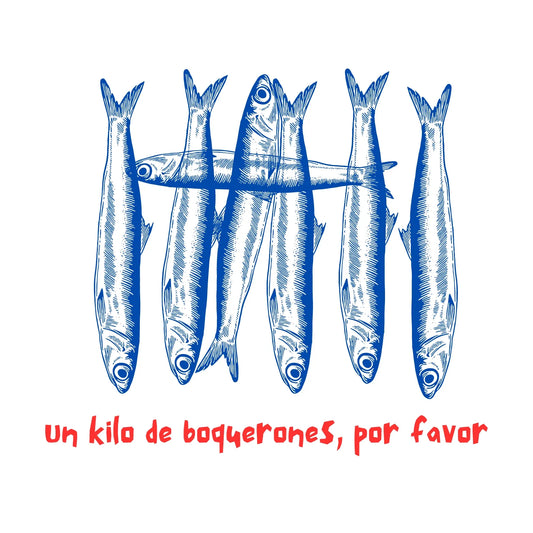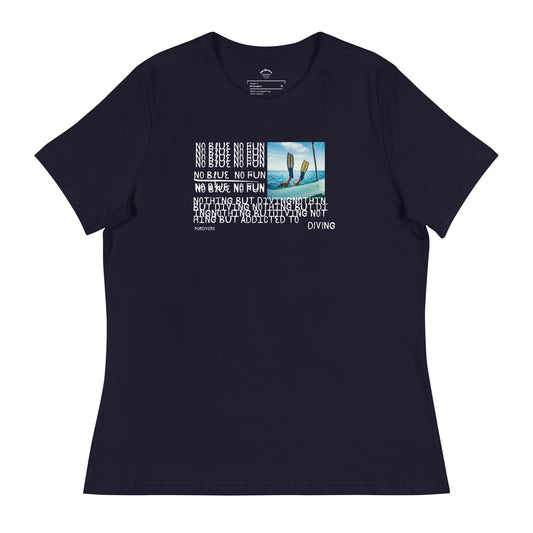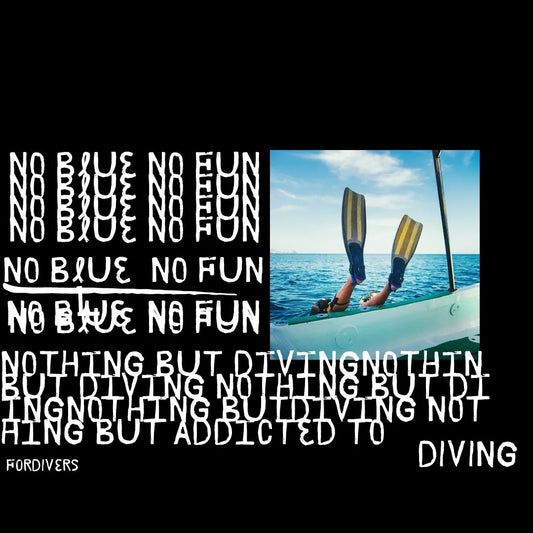Malta is a diving destination that is often overlooked by the vast majority of divers. This country consists of three islands, Malta, Gozo and Comino, and is located in the Mediterranean Sea, south of the island of Sicily. It has many reasons to be one of the most important diving destinations in Europe, but we offer you 10 reasons why you should consider Malta for your next diving trip in Europe.

Shipwrecks are one of the main attractions for diving in Malta. Image of Scott Portelli
1. Dozens of shipwrecks full of history
During the First and Second World Wars, Malta became a strategic control point in the Mediterranean. During 1942, and in just one month, the Luftwaffe tried to gain control of Malta by launching more than 11,000 tons of bombs that ended up sinking dozens of British ships... and this has made Malta one of the major wreck diving destinations in the world, with submarines to dive around, huge cargoes or destroyers already colonized by colorful marine life... Even today, local technical diving centers conduct expeditions in search of undiscovered wrecks.
2. The Blue Hole
The Blue Hole on the island of Gozo is one of the most spectacular dive sites in Malta. It is a 10 meter wide limestone cavern and to fall through it can only be described as magical. Its opening to the sea allows you to admire many different shades of blue as the light filters through the huge hole. On the descent you'll enjoy walls full of life: corals, barracudas, tuna, nudibranchs... a must for any diver coming to Malta.
3. Affordable diving destination
The Maltese dive centers offer packages for all kinds of dives (and in most of them Nitrox is free) plus accommodation at great prices. Throughout the year these packages are available to enjoy many dives for little money and you can enjoy a good diving vacation getting to know Malta both on the bottom of the Mediterranean Sea and on the surface. Flights to the capital of Malta, Valletta, can be purchased for less than 200 Euros during August and it is really close from almost any airport in Europe.
4. Diving for all levels
In Malta you can do all kinds of diving. Both technical divers and those learning to dive can appreciate the value of Maltese waters. For those who prefer snorkeling, there are very interesting shallow sites, and for those who prefer nitrox or even rebreathers, Malta has great deep dive sites and specialized centers for those levels.
5. Tech Diving Paradise
Malta is one of the best places for technical diving. There are more than 10 technical diving centers that will take you to dozens of historic shipwrecks sunk during World War II, most of which are more than 30 meters deep. Malta also has over 50 caves where you can dive with some of the technical diving guides working in Malta.
6. Diving in your language
It does not matter if you only speak Russian, Spanish, French or Polish as most of the dive centers in Malta speak many languages. You can do the briefing in your language and have instructors and guides who speak your language.
7. Great biodiversity
The waters that bathe the Maltese archipelago are of exceptional quality and have a great biodiversity, one of the most enviable in the Mediterranean. Rocky bottoms, caves, meadows and wrecks host a wide variety of typical Mediterranean life such as octopus, barracuda, parrotfish, moray eels, sea urchins, sea bream, maidens, scorpion fish, devil fish, rays, flying fish, jellyfish, damsels... an almost endless list with some very interesting visitors: huge schools of gigantic red tuna, very difficult to find elsewhere.
8. Rozi
The Rozi shipwreck is one of the most famous wrecks in Malta. Sunk in 1992 as a tourist attraction for divers, it is a 40 meter long tugboat full of underwater life: from the smallest nudibranch to the largest moray eel and a wide variety of fish inhabit the remains of this sunken ship. Access is easy and safe, allowing you to enter the engine room, corridors and rooms. An excellent choice for underwater photographers.
9. Professional diving center network
More than 40 dive centers operate in Malta, offering day and night dives in the three islands. Diving is a very powerful industry in Malta, generating a lot of revenue for the country, which requires very professional dive centers, great customer service and a perfect knowledge of both the dive sites and their wildlife.
10. Tourism for everyone
Malta has over 7,000 years of history, different civilizations have occupied these islands and the mixture of cultures is evident in both the architecture and the cuisine. Roman remains, medieval or baroque make each walk through the streets a leap in time that can be found in few other places in Europe. Temples, palaces, cathedrals and fortresses surround islands washed by vast infinite blues, where photo enthusiasts can fill their cards with magical sunsets. Those who prefer the nightlife in Malta will find concerts, bars, nightclubs and restaurants, not forgetting the legendary Casino of Malta.

